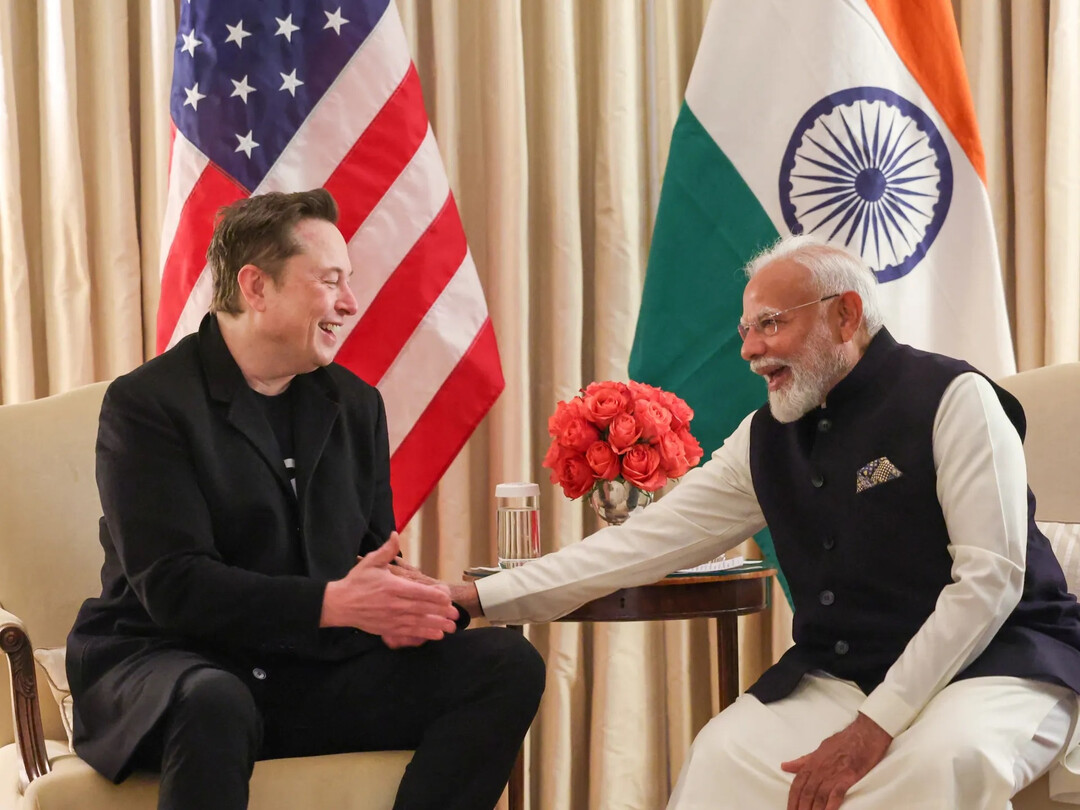
NEW DELHI/WASHINGTON D.C. – In a move that raises questions about the delicate balance between business interests and government regulations, Elon Musk's social media platform, X Corp., has filed a lawsuit against the Indian government, alleging unlawful online censorship. This legal challenge comes shortly after a seemingly cordial meeting between Musk and Indian Prime Minister Narendra Modi in Washington D.C., where discussions centered on collaboration in AI, space exploration, and sustainable development.
The lawsuit, filed in the Karnataka High Court on March 5, contests India’s use of a “parallel mechanism” for content removal, specifically Section 79 (3)(b) of the Information Technology (IT) Act. X Corp. argues that this provision, which allows government officials to order content removal via the "Sahyog" portal without judicial review, circumvents the established legal process under Section 69A of the IT Act. Section 69A requires a judicial process and approval from the Ministry of Electronics and Information Technology (MeitY) for content removal deemed harmful to national security or public decorum.
Apar Gupta, a lawyer and co-founder of the Internet Freedom Foundation, explained, "The new legal censorship power they have created [through the Sahyog portal] does not have safeguards such as a requirement of a designated officer sending the censorship request to the central government. Now, it can be done by any government department by designating an officer which can send takedown requests."
The timing of the lawsuit is particularly noteworthy, given Musk's ongoing efforts to launch Starlink and Tesla in India. While MeitY officials have also raised concerns about content generated by X's AI chatbot, Grok 3, the lawsuit predates these recent controversies.
Despite the legal challenge, experts believe that Musk's strong position in India, bolstered by his wealth and potential investments in key sectors, will likely mitigate any significant fallout. Michael Kugelman, South Asia Institute director at The Wilson Center, noted, "He has great leeway to do as he wishes without the risk of alienating New Delhi. He can dangle Starlink and Tesla while also acting on his principle of ‘free speech absolutism’ on social media."
The Indian government, through former IT minister Rajeev Chandrasekhar, has acknowledged X Corp.'s right to pursue legal action. The next hearing at the Karnataka High Court is scheduled for March 27.
The outcome of this lawsuit could have significant implications for online free speech and the regulatory landscape in India, impacting millions of X Corp. users. While the long-term effects remain uncertain, the case underscores the ongoing tension between global tech giants and national governments over content regulation.
[Copyright (c) Global Economic Times. All Rights Reserved.]






























